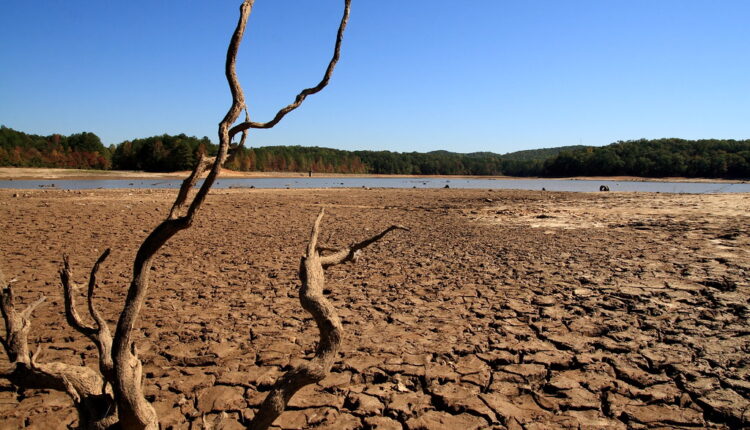Drought in figures 2022′: increase by 29%
If global warming reaches 3 degrees Celsius by 2100, as some predict, losses from drought could be five times greater than today
Since the year 2000, the number and duration of droughts have increased by 29%. That is just one of the many worrying facts revealed by a new report from the United Nations Convention to Combat Desertification (UNCCD).
Drought in 2022
Drought In Numbers, 2022 ( Drought in figures, 2022 ) has been published in the framework of the COP15 of the UNCCD that is held from May 9 to 20 in Abidjan, Ivory Coast. The document is also categorical in saying that humanity is “at a crossroads” when it comes to managing drought, and that mitigation must be accelerated “urgently, using all the tools we can”.
The report is a compendium of data coming just over a month to Drought Day, June 17, and is an urgent call for a full global commitment to drought preparedness and resilience in all countries . of the world. Its role is to help inform the negotiations of the 196 member states of the UNCCD, which will be published on May 20 at the end of COP15.
The facts that emerge in the document are irrefutable and numerous. More than 1.4 billion people were affected by the drought between 2000 and 2019. This makes this meteorological phenomenon the disaster that affects the second largest number of people, after floods.
“All the facts and figures in this publication point in the same direction. An upward trajectory in the duration of droughts and the severity of the impacts. Affecting not only human societies but also the ecological systems on which life depends. Survival of all life, including that of our own species,” said Ibrahim Thiaw, UNCCD Executive Secretary at the time of the report’s publication.
The drought in data
In addition to warning about the 29% increase in droughts and their duration, the document points out that from 1970 to 2019, meteorological, climate and water hazards accounted for 50% of disasters and 45% of disaster-related deaths. , mainly in developing countries. The UNCCD states that droughts account for 15% of natural disasters, but claimed the highest number of human victims, with approximately 650,000 deaths between 1970 and 2019.
Also warns of economic losses: from 1998 to 2017, droughts caused losses in world currency of approximately 124,000 million dollars (about 118,700 million euros).In 2022, more than 2.3 billion people will face water stress; almost 160 million children are exposed to severe and prolonged droughts.
“We are at a crossroads,” Thiaw said. “We need to be solution-oriented rather than continue destructive actions, believing that marginal change can cure systemic failure.” In the coming decades, 129 countries will experience an increase in drought exposure mainly due to climate change alone: 23 due to population growth and 38 due to the interaction between climate change and population growth.
If global warming reaches 3 degrees Celsius by 2100, as some predict, losses from drought could be five times greater than today, with the greatest increase in the Mediterranean and Atlantic regions of Europe.
Displaced by drought
If action is not taken to combat the drought, the report says that by 2030, an estimated 700 million people will be at risk of being displaced by drought. By 2040 it is estimated that one in four children will live in areas with extreme water scarcity.
Finally, by 2050, droughts could affect more than three-quarters of the world’s population. Added to the fact that it is estimated that between 4,800 and 5,700 million people will live in areas with water scarcity for at least one month each year, compared to the current 3,600 million. In that same year, up to 216 million people could being forced to migrate, largely due to drought in combination with other factors such as water scarcity, declining crop productivity, rising sea levels, and overpopulation.
Also Read: Why Osmanabadi Goat is considered better for meat production?
Contact us: If farmers want to share information or experiences related to farming with us, then they can do this by calling us on the phone number 9599273766 or by writing an email to kisanofindia.mail@gmail.com or by sending your recording. Through Kisan of India, we will convey your message to the people, because we believe that if the farmers are advanced then the country is happy.

